Civil society participation in the Open Government Partnership (OGP)
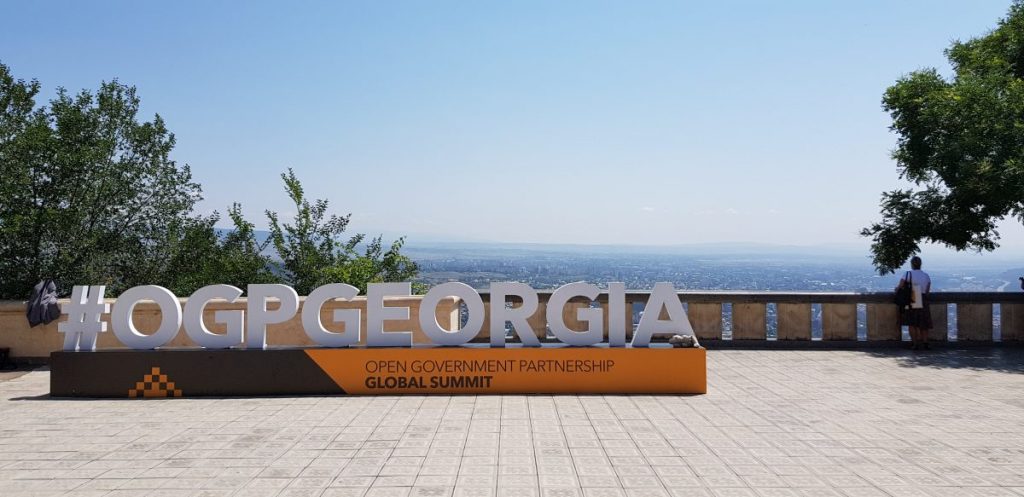
Active citizen participation is an important component of democracy. Multi-Stakeholder Initiatives (MSIs) attempt to enhance civic participation as a means of improving governance through cooperation by governments, civil society organizations (CSOs), and businesses to engage in commonly defined goals.
Multi-stakeholder initiatives: Lessons learned
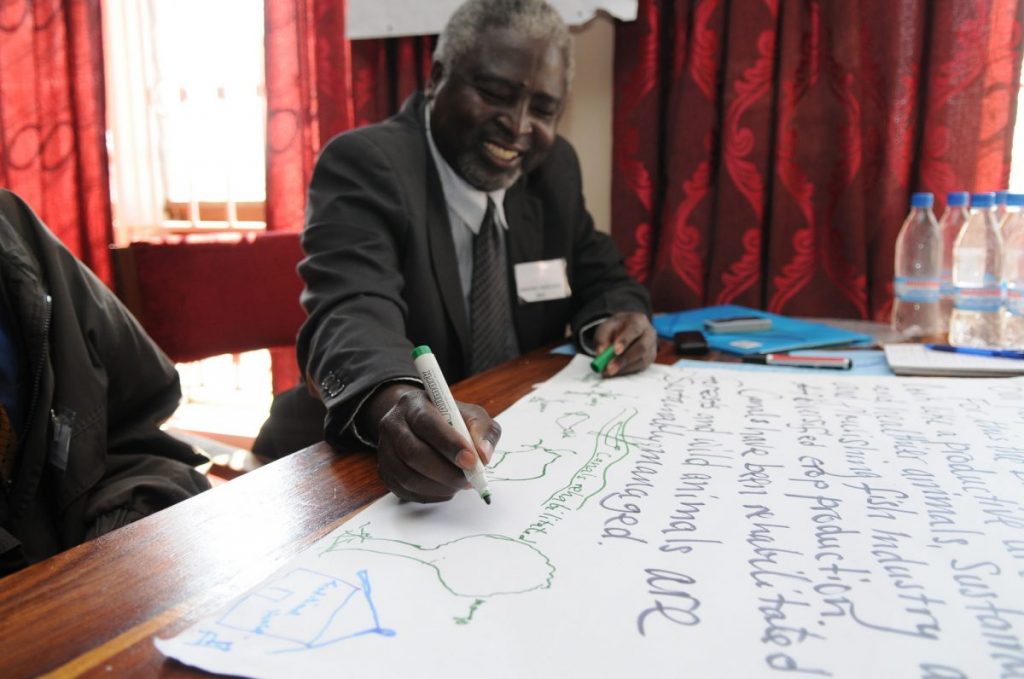
Multi-stakeholder Initiatives (MSIs) are voluntary partnerships between governments, civil society, and the private sector that have emerged over the last 15 years to address development challenges collaboratively, entrench democratic practices, and strengthen regulatory frameworks.
Multi-stakeholder initiatives: What have we learned? An overview and literature review

This report reviews literature on three Multi-stakeholder Initiatives (MSIs) – the African Peer Review Mechanism (APRM), the Extractive Industries Transparency Initiative (EITI) and the Open Governance Partnership (OGP) – to provide an overview of how each MSI functions and evaluates the extent to which each has impacted policy and governance issues thus far.
The African Peer Review Mechanism at 15: achievements and aspirations

As the African Peer Review Mechanism (APRM) turns 15 on 9 March 2018, this milestone provides an ideal opportunity to acknowledge recent progress.
APRM@15 – Has African Governance come of Age?
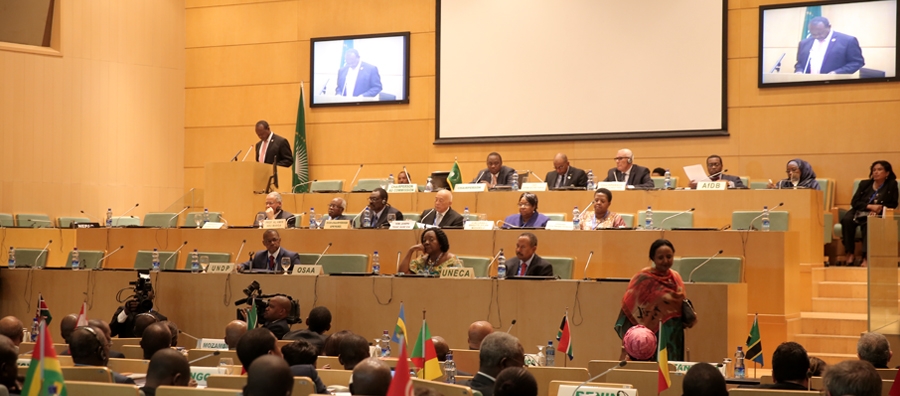
In the Americas, when a young Latina girl turns 15, she celebrates her fiesta de quinceañera, a coming of age ceremony. Across the Atlantic Ocean, Africa’s most important governance self-evaluation and promotion instrument – the African Peer Review Mechanism (APRM) – will also officially turn 15 on 9 March 2018.
Role of the Youth in APRM’s quest for good governance, development and democracy
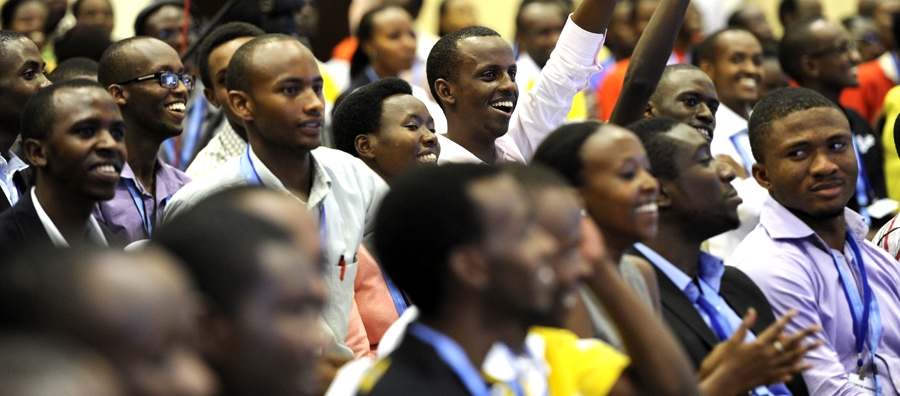
The revitalisation of the African Peer Review Mechanism (APRM) is evidence of African governments’ renewed commitment to strengthening good governance, development and democracy in Africa.
Where next for the APRM as the AU transforms?
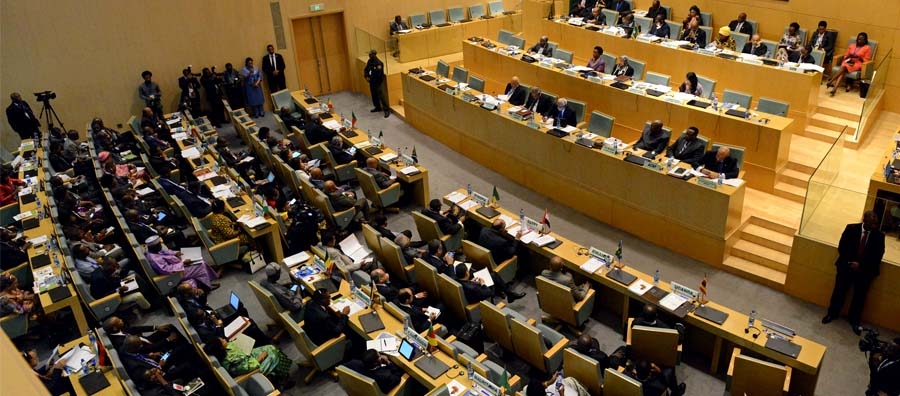
As institutions mature, they should take stock to gear themselves for the future. Led by Rwanda’s President Paul Kagame, a process is under way at the African Union (AU) to do just that. How might this this reform drive affect the African Peer Review Mechanism (APRM), the continent’s voluntary governance promotion and assessment instrument?
My brother’s keeper
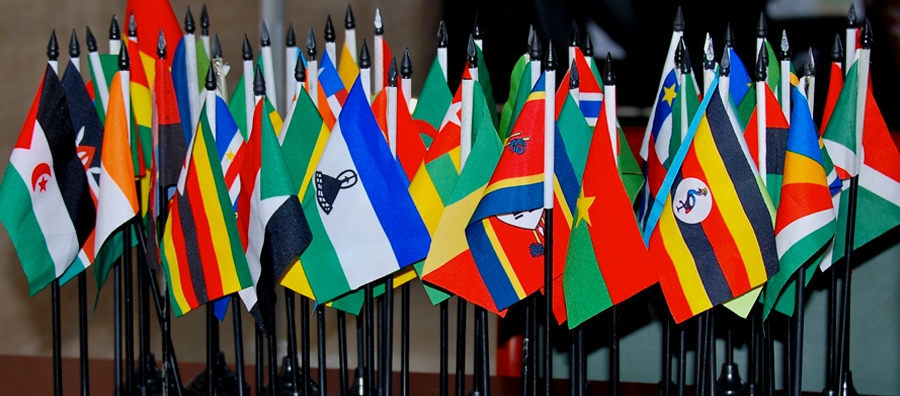
A prominent thread in the conversation about Africa’s development since the end of the Cold War has been the need for good governance.
Can The APRM be an Effective Tool to Monitor Agenda 2063 and The SDGs?

Monitoring and evaluation has emerged as a central concern in development thinking. Both the UN’s Sustainable Development Goals (SDGs) and the AU’s Agenda 2063 represent responses to Africa’s developmental deficits, with much overlap between them.
Governance Peer Reviews still offer Africa a major opportunity
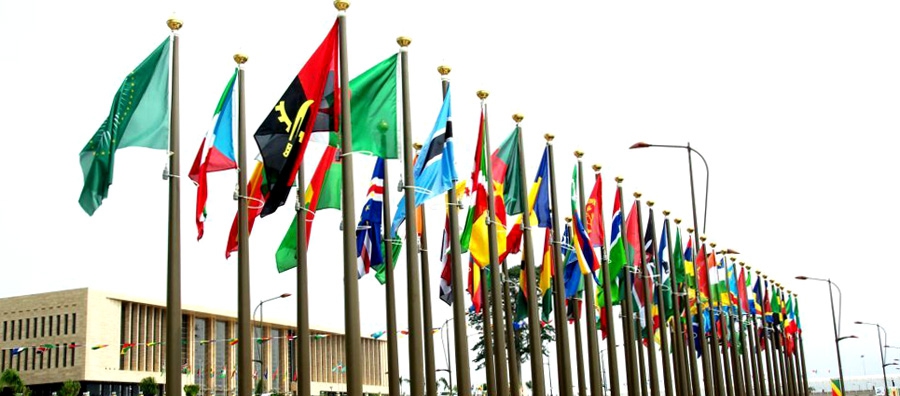
This year’s African Union (AU) January summit, appropriately themed around the potential of the continent’s youth, sought to position the continental body to meet the challenges of the coming decades – an era during which the continent, having fallen behind its global peers, is pursuing a decisive developmental breakthrough.
